Why gamers should care less about winning and focus more on playing
It’s October 2013. I’m in Nottingham, in the middle of last year’s GameCity festival. I’ve had a long day of interviews. I’ve talked to Thomas Was Alone’s Mike Bithell, Gone Home’s Steve Gaynor, Papo & Yo’s Tali Goldstein, and Hohokum’s Ricky Haggett and Dick Hogg. We’ve discussed narrative, historical English folklore, next-gen, and progressive, emotional, interactive storytelling. Now though, I’m standing in a large room watching two men writhe around on the floor with their heads stuck through opposite sides of a tiny, homemade tent.
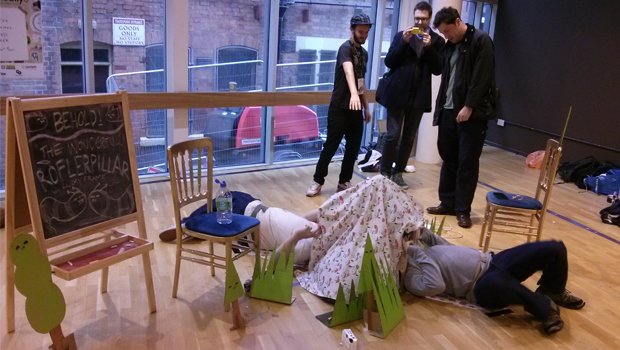
They’re playing a game called Roflpillar. It’s an experimental project by Scottish indie studio Luck Frame. It repurposes the early bungee-chord motion ‘control’ tech from that goddawful, early ‘00s Gametrak device to create a sort of competitive arena version of snake that the players control by wriggling their bodies. It plays out on a screen suspended from the ceiling of the tent, with a direct feed playing out to the assembled onlookers outside. It’s the stupidest, most ridiculous, and most brilliant thing I’ve seen all day.
A little further into the watching crowd, out past the bubble of cacophony surrounding the rabble of honking journalists and developers, I notice a little girl--she can’t be older than about five or six--staring at the flailing spectacle in that cautious, ambiguously judgemental way that only young children and cats can successfully pull off. The overt cast of her face communicates a response closely along the lines of “What the Hell are these idiots doing?” But beneath that there’s a secondary flash of “Whatever it is, I want to have a go myself”.
And suddenly it strikes me how brilliant a moment this is. Because for a few seconds, it doesn’t matter who any of the people involved in this strange tableau are, or what we’ve been doing over the course of the festival. It doesn’t matter that we comprise a GamesRadar editor, a Guardian writer, two indie PS4 devs and an unknown, slightly apprehensive minor. At that moment we’re simply five people bonded and transfixed by the giddy spectacle of the senseless, shrieking, utterly vital mess spilling out on the floor in front of us. Because as it turns out, play, as an act in and of itself, is universally appealing.
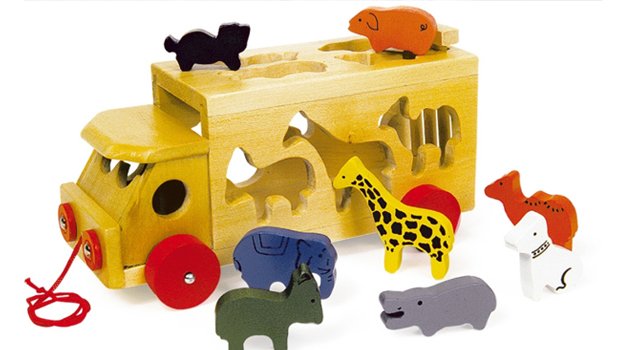
There just seems to be something hardwired into all of our brains. After all, play is the process by which we learn to do pretty much everything as babies and children, from basic motor control to appropriate social conduct in a formal dinner situation. It makes sense that we’d be programmed to do it. But it feels to me lately that while the explosion of games as a medium has opened up a potentially larger arena of play than we’ve ever enjoyed before, somewhere along the line we’ve missed the point. We’ve become too focused on winning, and not focused enough on the actual process of playing. And that’s like spending all of your time on Twitter worrying about your follower count rather than paying attention to the conversation.
It’s struck me lately how many of my favourite games have earned their status through the moment-to-moment experiences they provide, rather than their chronological structure or prescribed win conditions. Much like any good road movie, it’s not the final destination that matters, but the journey and the events that lead there.
The reason I play Battlefield rather than Call of Duty is that it’s not about twitch reflexes, second-to-second victories and cold, scoreboard hierarchy, but about creating epic, emergent, action-movie set-pieces as part of what is effectively an improv troupe of role-players.
Sign up to the GamesRadar+ Newsletter
Weekly digests, tales from the communities you love, and more
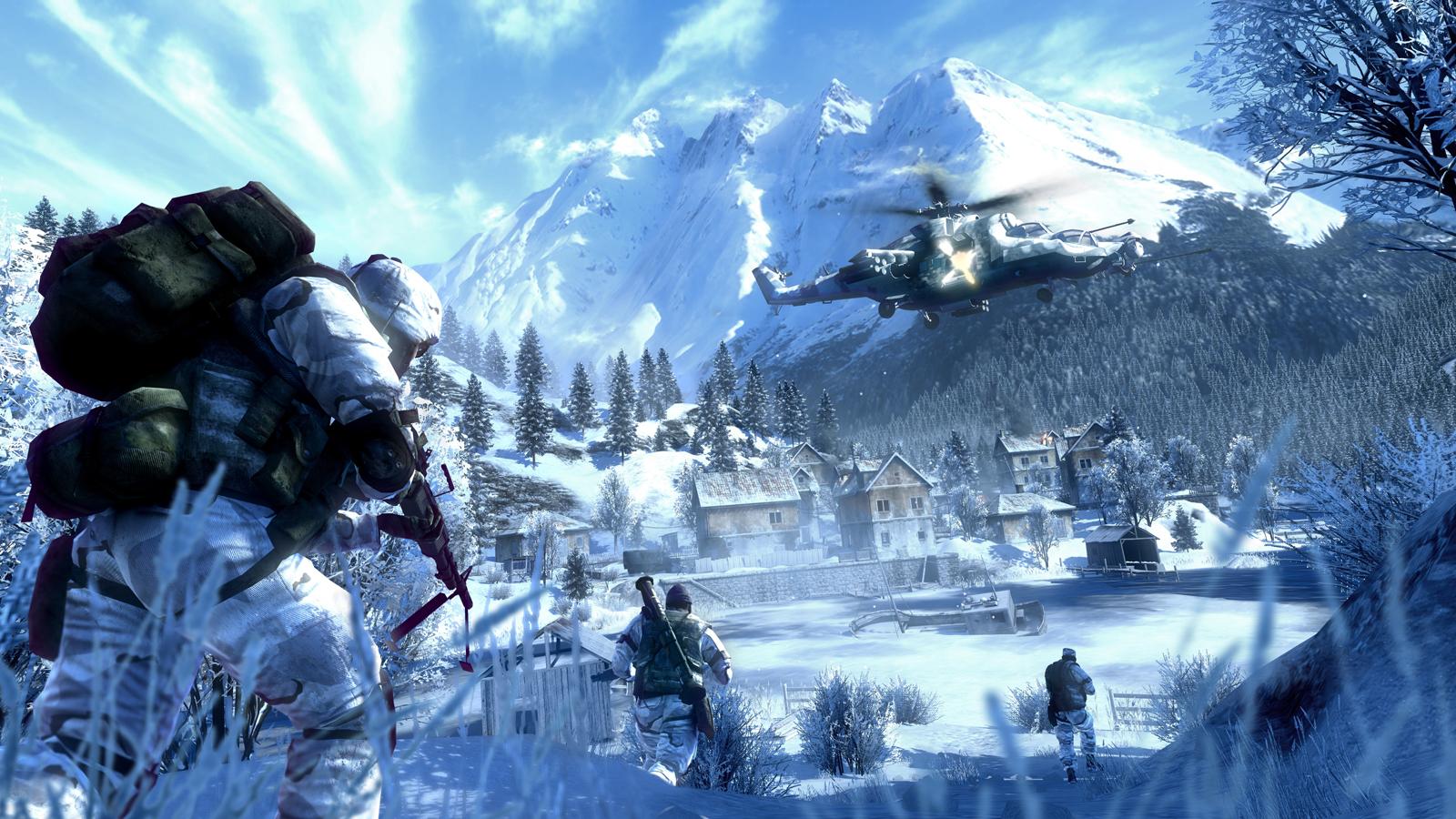
I can spend 10 minutes stealthily stalking my way through a forest to find the optimum sniping position. I can then watch a developing siege unfold below me, waiting for exactly the right moment to become part of it. I can watch an enemy tank engineer hop out to make repairs, himself the star of his own tense, do-or-die scene. I can perforate his skull, watch one of my rooftop rocket launcher guys spot the opportunity to finish off his vehicle, and then sit back and witness the counterattack as my team’s previously besieged ground-troops flood out to turn the tide on the streets. That’s an amazing, player-driven narrative that a killstreak just can’t live up to. Whether we ultimately win or lose the match doesn’t matter. Between us, we made that happen, and that’s what I’ll remember long after the game is over.
And it’s not just multiplayer games. I’ve found Grand Theft Auto V’s reactive world and canny characterisation to be an absolute hotbed of this stuff as well. As great as the game’s core missions and overall scripted plot can be, the best times I’ve had in that game have been when I’ve just taken a character out on a little adventure on what I’ve deemed to be one of their ‘days off’. Head out with no particular plan, engage with and react to what you find a long the way, and crucially do so in character, behaving as you feel your version of your chosen protagonist would, and you’ll find that some absolute magic happens in that game. And it all eventually feeds back into your perception of the main story, making the whole experience richer as a result.
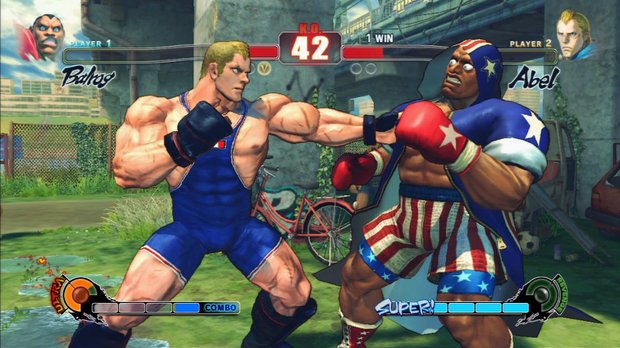
You don’t even need an open-world to make this stuff happen. Getting back into Street Fighter IVlately, I’m consistently struck by how little the match outcome matters to me compared to the quality of the fight that leads to it. I’ve discussed what makes Street Fighter such a special, human experience for me recently, so I’ll refer you back to that rather than going over it all again here, but the main point is that the player-led, utterly personal interaction of a good fighting game is every bit a conversation. Much more than a mechanical competition for dexterity bragging-rights, it’s about two friends feeding their personalities into a shared spectacle to create a series of brilliant, dynamic moments. Focus steadfastly on winning, and you’ll miss all of that.
So I find it increasingly strange that, as Steve Gaynor said to me when we were talking at GameCity, we play so many games these days seemingly to stress ourselves out by pressurising ourselves to ‘succeed’. We were discussing Gone Home’s steadfastly pressure-free, explorative gameplay at the time, and I find that game a particularly interesting allegorical lynchpin to this whole issue right now.
At the moment there’s an ongoing semi-debate as to whether Gone Home can be classed as a game, due to its non-confrontational, free-form narrative focus. It’s a silly discussion as far as I’m concerned, as I feel that old gaming terminology is becoming increasingly irrelevant, except as a way to limit people’s perceptions of what the medium is capable of. But the fact that the debate exists is interesting. Because it seems to imply a continued focus in some gamers on winning, rather than playing.
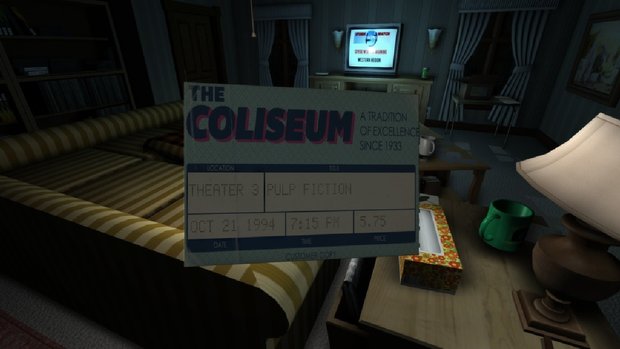
It seems that without competitive win conditions, some people can’t find a reason to take part. And to me that’s a real shame. Not only are such people missing out on an experience as unique and affecting as Gone Home, but, taking that game as a metaphor for the bigger situation, they’re missing out on some of the deeper, richer, and more nourishing experiences that gaming as a whole has to offer.
So do me a favour in 2014. If you’re making new year’s resolutions, make one of them to enjoy your games more for what they are, rather than just trying to beat them or each other. Always ask yourself “Am I enjoying this, and if so, what am I personally getting from it as an experience?” Learn to love getting shot, and punched in the face, and blown up, and eviscerated. Learn to take a step back from health bar depletions and the ‘Game over’ screen, and instead revel in the sequence of events that led to them. You might just find yourself enjoying the games you play a Hell of a lot more. You might even learn a bit about yourself, and stop playing some games you didn’t even realise you didn’t like.
Try it. It’s fun. And fun, after all, is the point.



